(609) 270-1337
Call For Estimate: (609) 270-1337
How Does Interstate Moving Insurance Work
Interstate moving insurance is your safety net during a long-distance move, offering essential coverage for your belongings and helping you navigate the difference between basic valuation and full insurance protection. This guide dives into moving insurance 101, explains the key differences between valuation and insurance, and provides pro tips for choosing the right insurance, ensuring you’re well-protected when you move across state lines.
Moving Insurance 101: What’s Covered & What’s Not?
Interstate moving insurance is designed to protect your belongings during a move, but it’s important to understand what that protection really means. In most cases, movers offer basic coverage known as released value protection, which provides minimal reimbursement based solely on the weight of your items. This type of coverage may not cover the full replacement value of your possessions if something gets damaged. In contrast, full-value protection offers a more comprehensive safeguard by holding the mover accountable for the actual cost of repair or replacement. While full-value protection usually comes with an additional fee, it ensures that you won’t be left with unexpected out-of-pocket expenses should anything go awry during your move.
Valuation vs. Insurance: Don’t Get Tricked by Movers
Many consumers get confused between valuation and insurance, and this misunderstanding can lead to unpleasant surprises. Valuation is often presented as a form of “insurance,” but it’s really just a contractual agreement that determines the monetary value assigned to your belongings. With valuation, you might only receive a fraction of your items’ true worth if damage occurs, while true moving insurance offers more robust protection. Movers sometimes use similar language to describe both, so it’s critical to ask for clear explanations and confirm whether you’re getting basic protection or full coverage. By knowing the difference, you can avoid falling into a trap that might leave you under-compensated in the event of loss or damage.
Pro Tips for Choosing the Right Insurance for Your Move
Choosing the right insurance for your move can be straightforward when you know what to look for. Start by having an in-depth conversation with your moving company about the types of coverage they offer and what exactly is included in each option. Make sure you understand the fine print regarding deductibles and exclusions, as these can vary widely from one company to another. It’s also a smart move to compare quotes from multiple providers, so you’re confident you’re getting the best value for the coverage you need. Finally, if anything seems unclear or overly complicated, consider seeking advice from a consumer protection expert who specializes in moving regulations. With the right information, you can select a policy that offers comprehensive protection and peace of mind during your interstate move.
Long Distance Moving Services
- Alabama
- Arizona
- Arkansas
- California
- Colorado
- Connecticut
- Delaware
- Florida
- Georgia
- Hawaii
- Idaho
- Illinois
- Indiana
- Iowa
- Kansas
- Kentucky
- Louisiana
- Maine
- Maryland
- Massachusetts
- Michigan
- Minnesota
- Mississippi
- Missouri
- Montana
- Nebraska
- Nevada
- New Hampshire
- New Jersey
- New Mexico
- New York
- North Carolina
- North Dakota
- Ohio
- Oklahoma
- Oregon
- Pennsylvania
- Rhode Island
- South Carolina
- South Dakota
- Tennessee
- Texas
- Utah
- Vermont
- Virginia
- Washington
- West Virginia
- Wisconsin
- Wyoming

Save Up To 35% On Long Distance Moving Services
We help thousands of home and business owners move their property all over the US. Let us help save you money on long distance movers.
Contact Us
We will get back to you as soon as possible.
Please try again later.
GET START YOUR MOVE WITH US
Call Now: (609) 270-1337
OPENING HOURS
- Mon - Fri
- -
- Sat - Sun
- -
Long Distance Moving Disclaimer
A properly licensed interstate broker, such as US Interstate Moving, LLC, is not a motor carrier and will not transport an individual shipper's household goods, but will coordinate and arrange for the transportation of household goods by an FMCSA authorized motor carrier, whose charges will determine by its published tariff.
All estimated charges and final actual charges will be based upon the carrier's tariff which is available for inspection from the carrier upon reasonable request.








